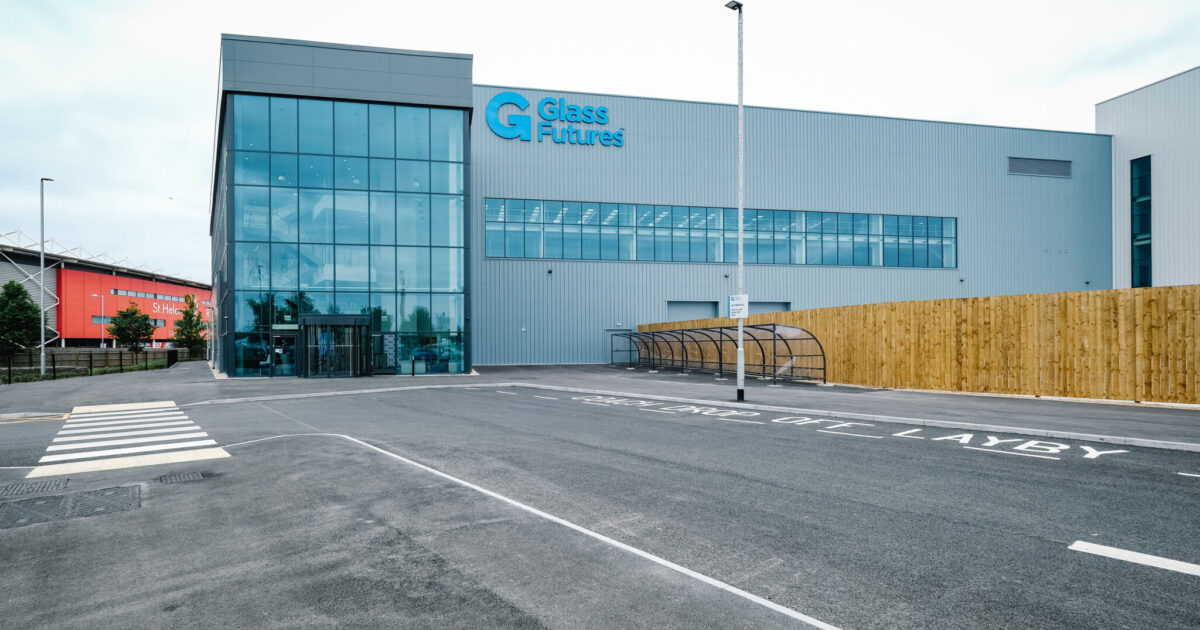The Glass Futures manufacturing facility in St Helens, UK is taking the lead in emission reductions with the support of Siemens technology. This £54 million R&D project aims to develop an optimized approach for ‘boosting’ glass furnaces with electrical heating. By adopting this approach, the industry body British Glass estimates that UK emissions from glass manufacturing could be reduced by 56%.
Once fully operational in late 2024, the facility will have the capacity to produce 30 tonnes of glass per day. It will be the first facility to utilize Siemens’ latest digital control system, PCS Neo, to unify and manage all plant operations. This technology will enable Glass Futures to monitor and control all processes across the site, providing the flexibility to modify and build upon as the facility continues to develop.
Stephen Haigh, head of glass industry UK & Ireland at Siemens, highlights the role of PCS Neo in simplifying operations and data collection at the site. This technology will not only support the current project but also provide flexibility for future projects across the globe. By enabling global engagement and learning, PCS Neo will help unlock the ambitious goals of Glass Futures and other similar endeavors.
George Myers, control systems engineer at Glass Futures, emphasizes the importance of decarbonizing the manufacturing process, especially with rising global demand for glass. The use of electric boosting and hydrogen to melt glass presents a pathway to achieve this goal. The facility in St Helens aims to model and develop a solution that large-scale manufacturers can adopt or learn from, setting the stage for more efficient furnaces worldwide.
In conclusion, The Glass Futures manufacturing facility in St Helens is leading by example with its efforts towards reducing emissions through innovative technology such as electric boosting and hydrogen melting methods. With Siemens’ support through their latest digital control system PCS Neo



